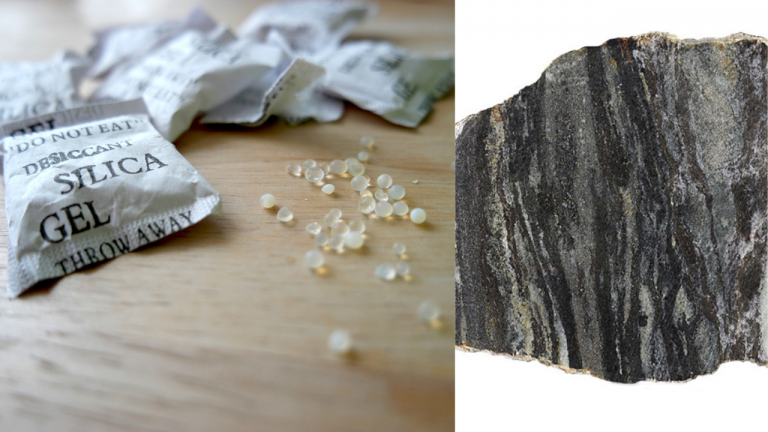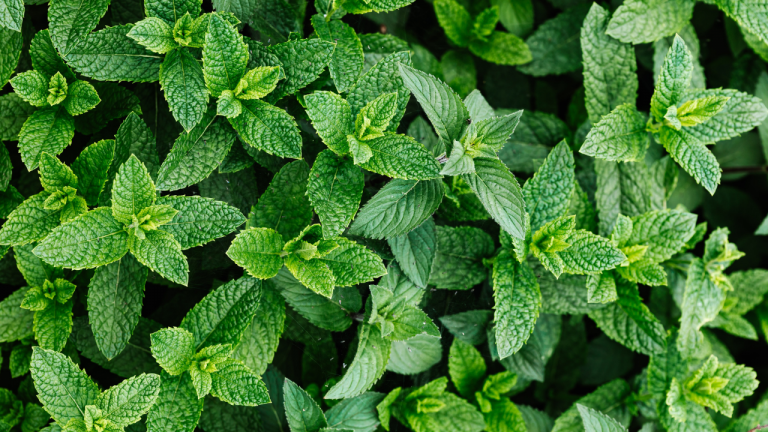Are There Any Phytonutrients Unique to Sprouts (Not Found In Other Foods)?

Yes, sprouts are known to contain a variety of phytonutrients, which are naturally occurring compounds found in plants that are beneficial to human health. While many phytonutrients can be found in various plant-based foods, there are some that are relatively more abundant or unique to sprouts.
Some examples of phytonutrients that are commonly found in sprouts include:
Sulforaphane: This is a potent antioxidant and anti-inflammatory compound that is found in cruciferous vegetables, such as broccoli, cabbage, and cauliflower. Broccoli sprouts, in particular, are known to be a rich source of sulforaphane, which is formed from a precursor compound called glucoraphanin during the sprouting process.
Indole-3-carbinol: This is a compound that is found in cruciferous vegetables, including broccoli, Brussels sprouts, and kale, and is known for its potential anti-cancer properties. Sprouts from these vegetables may contain indole-3-carbinol in varying amounts.
Quercetin: This is a flavonoid antioxidant that is found in a variety of plant-based foods, including sprouts. Quercetin has been associated with various health benefits, including its antioxidant, anti-inflammatory, and anti-cancer properties.
Lignans: These are a type of phytoestrogen that is found in certain plant-based foods, including flaxseeds, sesame seeds, and sunflower sprouts. Lignans are known for their potential hormonal and antioxidant properties.
Enzymes: Sprouts are also known to be a rich source of enzymes, which are biologically active proteins that play a role in various physiological processes in the body. Enzymes found in sprouts may include amylase, lipase, and protease, among others.
It’s important to note that the phytonutrient content of sprouts can vary depending on the type of sprout, growing conditions, and maturity of the sprout. Additionally, while sprouts can be a nutritious addition to a healthy diet, they should be consumed safely, as they have been associated with food safety concerns, including the risk of bacterial contamination. It’s recommended to handle and store sprouts properly and to thoroughly wash and cook them before consumption to reduce the risk of foodborne illness. If you have any specific health concerns or questions about phytonutrients in sprouts or other foods, it’s best to consult with a qualified healthcare professional or a registered dietitian for personalized advice.



